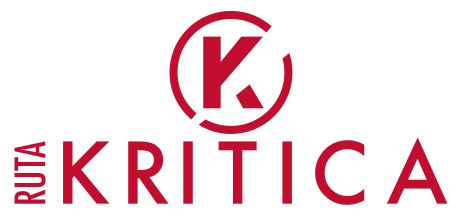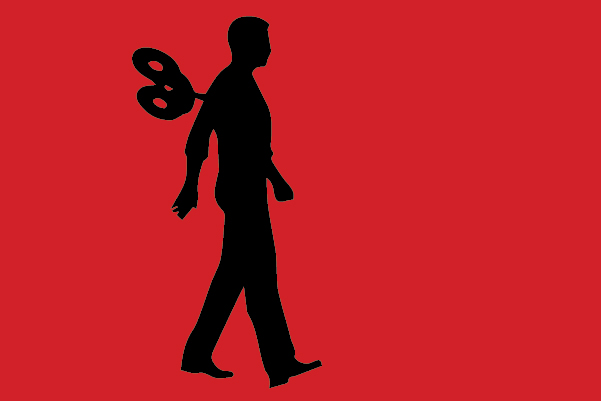By Fidel Narváez
When Marco Rubio was vying to become the Republican Party’s presidential nominee, he described Donald Trump as a “con artist,” a “dangerous man” who preyed on people’s fears. He warned that if Trump reached the White House, he would be an “embarrassment,” a “third-world strongman” who would turn the United States into a “nation of one man instead of a nation of laws.”
Everything Rubio predicted came true. It didn’t take a genius to see it coming. But now, as Secretary of State, Rubio has no problem with that reality. On the contrary—he thrives in it. And when you wield that much power, shame no longer fits in the room.
Trump’s theatrical style is, undeniably, shameful. But his foreign policy isn’t all that different from previous administrations. The same Monroe Doctrine, the same Manifest Destiny—just a bit more bullying, a bit less finesse.
Rubio arrives in Ecuador at a time when the region’s central conflict is the U.S. military threat against Venezuela. A threat that violates the United Nations Charter and the declaration of Latin America as a zone of peace.
Under the pretext of fighting drug trafficking, the U.S. is willing to use force against Venezuela—a country marginal in the global drug trade. Yet it has never threatened to invade Colombia or Peru, the continent’s top producers. No, the U.S. isn’t interested in fighting narcotrafficking.
Some believe an invasion could “restore democracy.” But a U.S. invasion never restores anything. On the contrary—it destroys everything. Washington couldn’t care less about democracy. That’s why it has no qualms about cozying up to human rights–abusing monarchies like Saudi Arabia, Qatar, and the United Arab Emirates. No, the U.S. isn’t concerned about the rights of Venezuelans.
Another excuse for a potential invasion is “security.” To the point of invoking the archaic 1798 law, the Alien Enemies Act, under which every Venezuelan migrant over the age of 14 on U.S. soil can be deemed a “threat” to national security. But the National Security State isn’t interested in a safer world. That’s why it has no problem selling weapons to states that sponsor terrorism. Again: Saudi Arabia, Qatar, the UAE. No, the U.S. doesn’t threaten Venezuela because it sees danger.
The real reason is simpler: despite a brutal economic blockade, Venezuela—the country with the largest oil reserves on Earth—has refused to bow to Washington.
The Ecuador Rubio visits is a shadow of the country that, during the Citizens’ Revolution, earned global admiration. Once the second safest country on the continent, it is now the second most dangerous in the world. Today’s Ecuador is the new narco-state of the neighborhood, and the main exit point for drugs from the world’s largest cocaine-producing region.
In Quito, Rubio will feel right at home. Despite the diplomatic principle of hierarchical reciprocity—or equivalence of rank—the U.S. Secretary of State will be received by President Daniel Noboa. Of course he will. The highest office has canceled an international trip and is rushing back from Asia to pay tribute to the last-minute visitor.
Rubio will feel right at home because, as fate would have it, he’ll be dealing with a president who is also a “con artist” who “preys on people’s fears” and, like a true “third-world strongman,” governs the country as if it were private property—rather than “a nation of laws.” Just like Trump, Ecuador’s president supports Israel in its genocide against Palestinians. And if that weren’t enough, Marco Rubio will feel even more at home because President Noboa… is also American!
Rubio isn’t naïve. He surely knows that drugs leave Ecuador for the world mainly in banana shipments from companies owned by the Noboa family. If the United States were truly serious about fighting narcotrafficking, then why doesn’t it threaten to invade the narco-state of Ecuador? Why doesn’t it offer a bounty for the head of its president?
Because Ecuador, under Daniel Noboa’s rule, is entirely subordinated to Washington.

